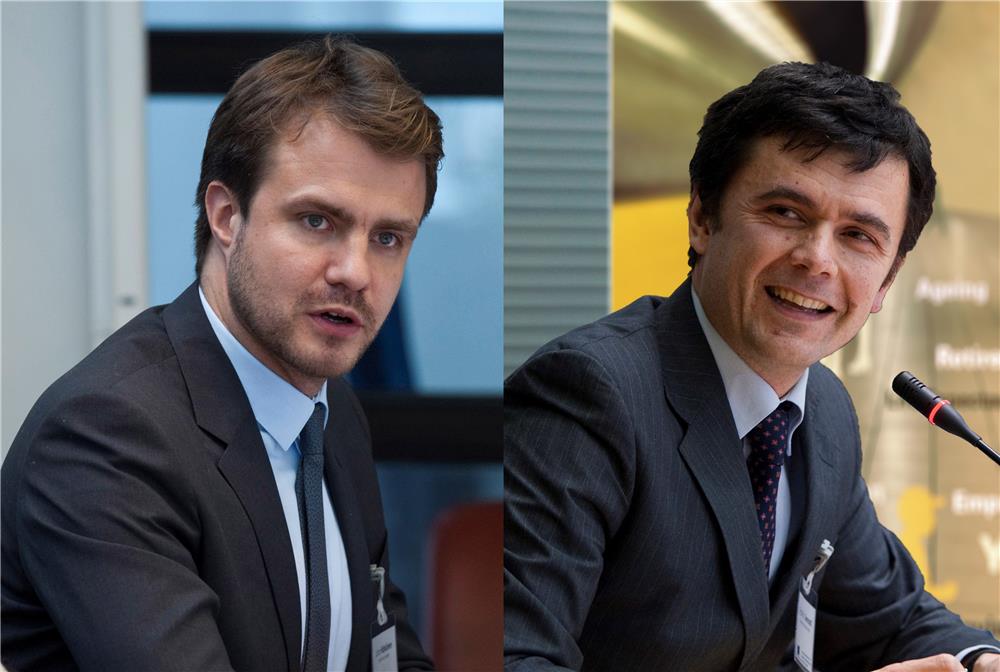Population Europe (PE): To what extent growing up with divorced parents affects children?
Fabrizio Bernardi and Juho Härkönen (FB JH): Most researchers would agree that family structure during childhood has at least some causal effects on the further development of a child. Growing up with a single divorced or separated parent is associated on average with lower educational achievement, lower psychological well-being, and higher instability in own relationships as an adult. However, there is also consensus that these problems are not down to family structures alone, but also to a certain economic disadvantage that often goes along with the break-up of the parents.
PE: You have been working on the FamiliesAndSocieties project already for one and a half years. What have been your main findings so far?
FB JH: First of all, we found that the effects of family structure on children are more diverse than it was previously assumed: The negative impact of parental separation on education appears bigger among children with highly educated parents (who often have more to lose after a parental separation). While a separation has the potential for negative educational outcomes, we found that this effect is generally weaker than those of other factors, such as parental class.
Another contribution refers to changes over time: Surprisingly, the associations between parental separation and children outcomes such as educational attainment, psychological well-being, and own family dissolution have remained virtually unchanged over the last four decades.
PE: What are your future research plans inside the FamiliesAndSocieties project?
FB JH: We will continue to analyse how the effects of family structures on children's outcomes differ depending on their socio-economic background. We will try to find out more about causalities in this context, and look into parenting and social and economic conditions in general. Cutting across all these questions, we expect to find and to explore cross-national differences.
We also plan to show what the new demographic realities can mean in terms of children's well-being and social inequality, and help policy makers in deciding where resources can be most efficiently targeted.

Fabrizio Bernardi and Juho Härkönen co-lead the Work Package 5 in the project FamiliesAndSocieties.
Fabrizio Bernardi is Professor at the European University Institute (Italy), and Juho Härkönen, Associate Professor at Stockholm University (Sweden).
Read more:
Bernardi, F. and Radl, J. (2014), The Long-Term Consequences of Parental Divorce for Children’s Educational Attainment, Demographic Research, volume 30, article 61: 1653-1680.
Bernardi, F., Härkönen, J., Boertien, D., Rydell, L.A., Bastaits, K., and Mortelmans, D. (2013). State-of-the-art report Effects of family forms and dynamics on children’s well-being and life chances: literature review.FamiliesAndSocieties Working Paper Series, n.4.